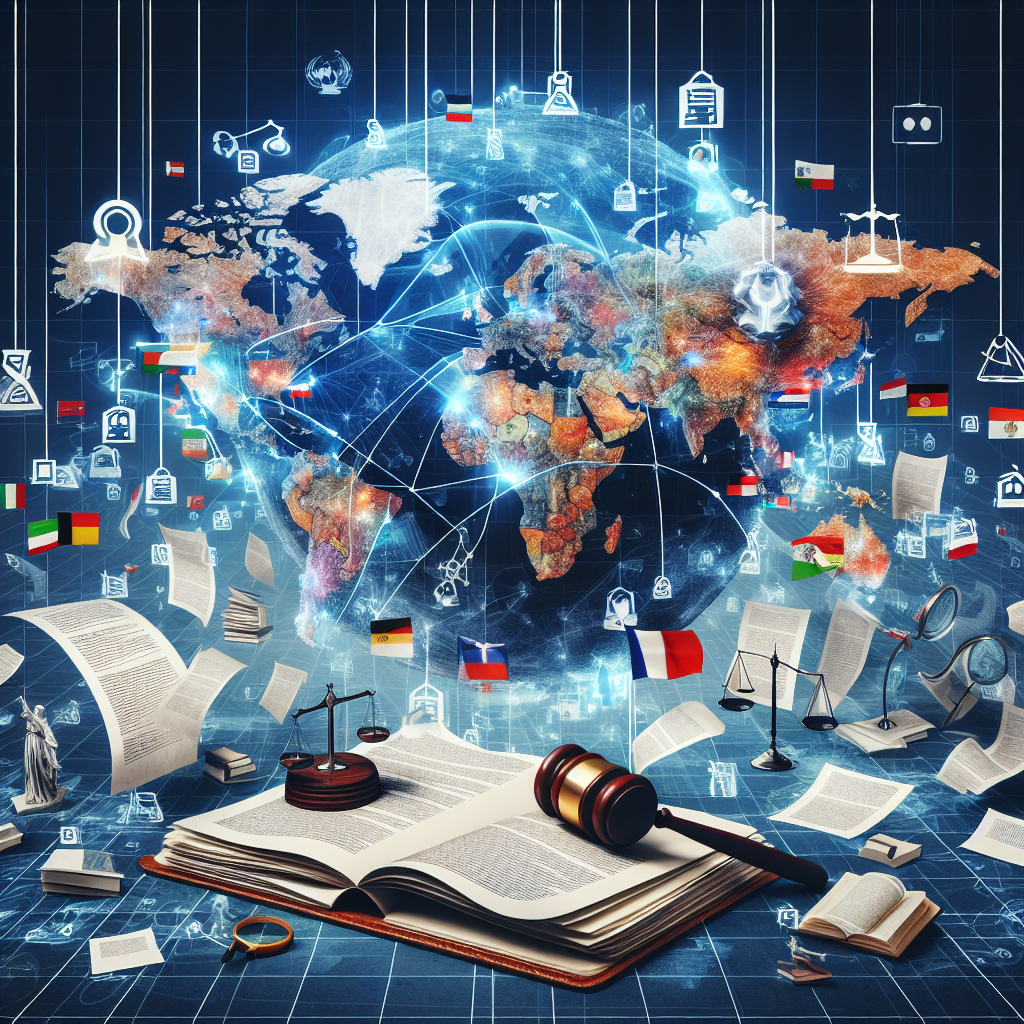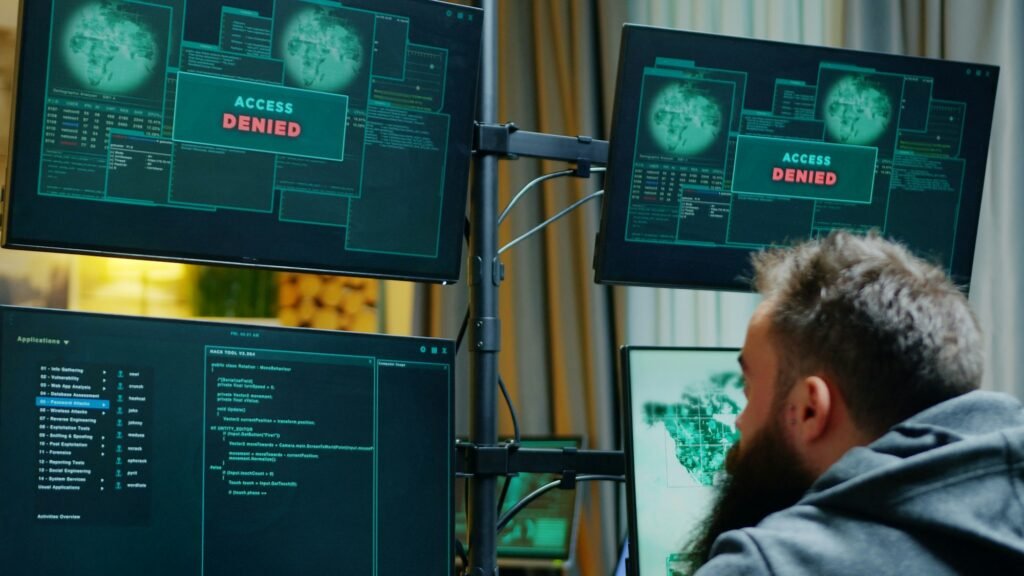How Legal Tech is Enhancing the Accuracy of Legal Documentation
How Legal Tech is Enhancing the Accuracy of Legal Documentation
In recent years, the integration of technology within the legal sector, commonly referred to as "legal tech," has revolutionized how legal professionals handle documentation. As the demand for precise and efficient legal processes grows, the impact of legal tech on enhancing the accuracy of legal documentation cannot be overstated. This article delves into the myriad ways legal tech is reshaping the legal landscape, ensuring that legal documentation is more accurate than ever before.
Understanding Legal Tech and Its Importance
Legal tech encompasses a broad range of technologies used by law firms and legal departments to facilitate legal processes. From artificial intelligence (AI) and machine learning to blockchain and cloud computing, these technologies streamline workflow, reduce human error, and ensure that legal documents are meticulously accurate.
Accurate legal documentation is crucial as it forms the backbone of legal proceedings. Errors in contracts, affidavits, or any legal documents can lead to severe consequences, including financial losses, reputational damage, and adverse legal outcomes. Thus, the adoption of legal tech is essential for legal professionals striving for precision.
Key Technologies Enhancing Legal Documentation Accuracy
1. Artificial Intelligence and Machine Learning
AI and machine learning are at the forefront of legal tech advancements. These technologies analyze vast amounts of legal data to identify patterns and suggest corrections, reducing the likelihood of errors. For instance, AI-powered document review tools can highlight inconsistencies, missing clauses, or ambiguous language, ensuring documents are comprehensive and error-free.
2. Blockchain Technology
Blockchain provides an immutable record of transactions and changes to documents, enhancing transparency and traceability. In legal documentation, blockchain ensures that all amendments are recorded with a timestamp, making it easier to verify the authenticity and integrity of documents. This technology minimizes the risk of tampering and fraud, safeguarding the accuracy of legal records.
3. Cloud-Based Solutions
Cloud computing allows legal professionals to access and collaborate on documents remotely, fostering a more streamlined documentation process. Real-time collaboration tools ensure that changes are tracked, and version control features prevent errors related to outdated information. The centralization of documents in the cloud aids in maintaining a single, accurate version of every legal document.
4. Natural Language Processing (NLP)
NLP technology enables computers to understand and process human language, which is invaluable in reviewing legal documents. By interpreting legal jargon and identifying context, NLP tools can suggest improvements and corrections, ensuring documents adhere to legal standards and linguistic accuracy.
Benefits of Legal Tech for Legal Professionals
The integration of legal tech into documentation processes offers several benefits:
- Increased Efficiency: Automated tools reduce the time spent on manual document review, allowing legal professionals to focus on more strategic tasks.
- Cost-Effectiveness: By minimizing errors and the need for extensive revisions, legal tech helps reduce costs associated with legal proceedings.
- Enhanced Compliance: With features that ensure documents meet regulatory standards, legal tech aids in maintaining compliance with legal requirements.
- Improved Accessibility: Digital documentation allows for easy access and retrieval, facilitating better information management and decision-making.
Challenges and Future Prospects
Despite its numerous advantages, the adoption of legal tech presents challenges such as data security concerns, the need for ongoing training, and initial setup costs. However, as technology continues to evolve, these challenges are likely to diminish, paving the way for even more sophisticated solutions.
The future of legal tech promises further advancements in AI capabilities, more robust data protection measures, and enhanced user interfaces, all contributing to even greater accuracy in legal documentation.
Conclusion
Legal tech is undeniably transforming the legal industry by enhancing the accuracy of legal documentation. The adoption of AI, blockchain, cloud computing, and NLP is not only streamlining processes but also providing a safeguard against the inherent risks of human error. For legal professionals aiming to improve the precision and reliability of their work, embracing legal tech is no longer an option but a necessity.
By staying abreast of technological developments and integrating them into their practices, legal professionals can ensure that their documentation processes are not only accurate but also efficient and compliant with evolving legal standards. As the landscape of legal tech continues to expand, its influence on legal documentation accuracy will undoubtedly become even more profound.































































































































